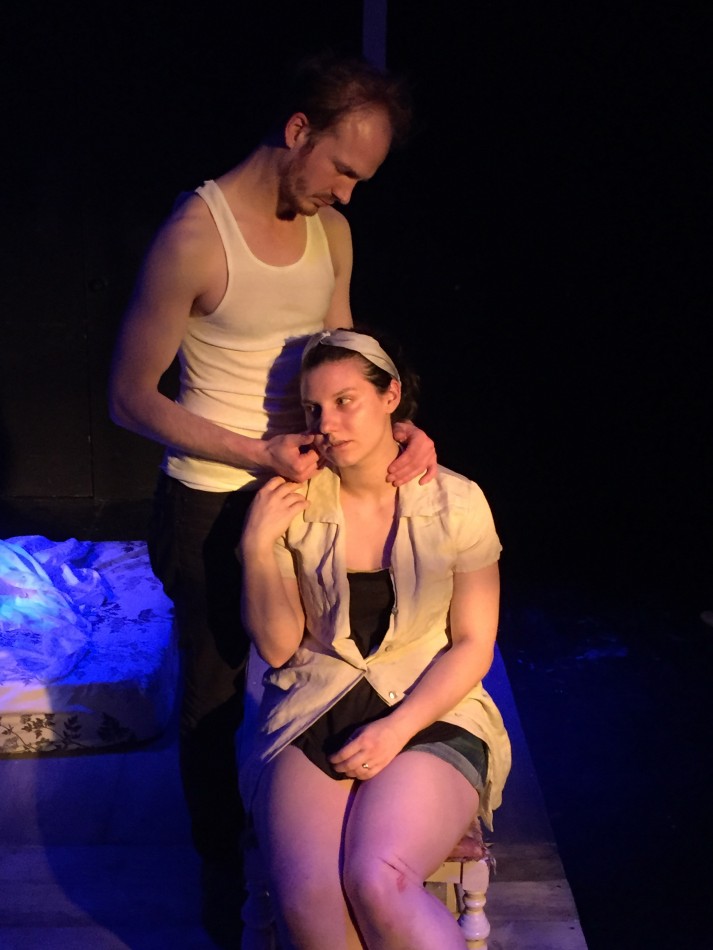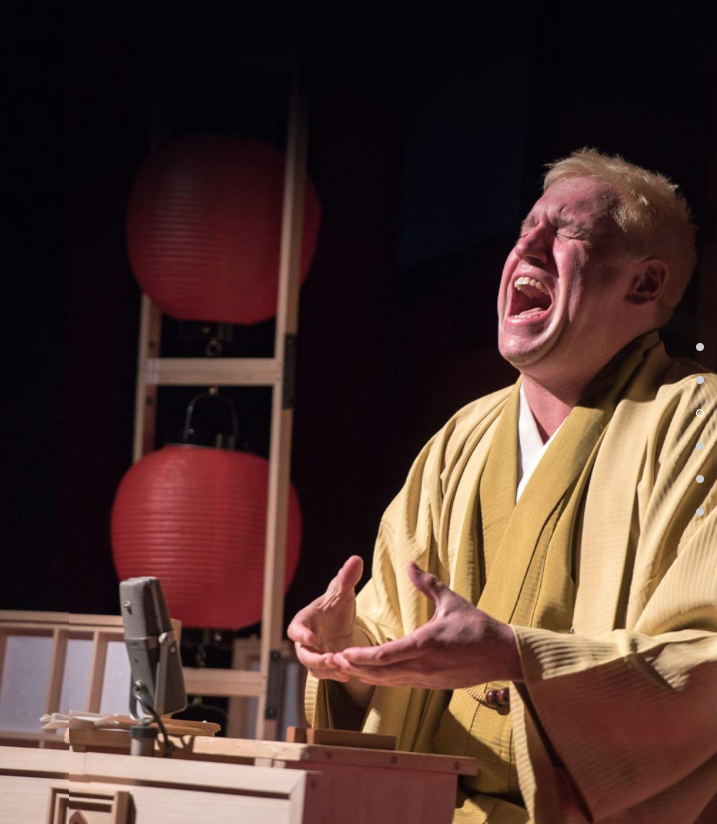By Cathy Hammer
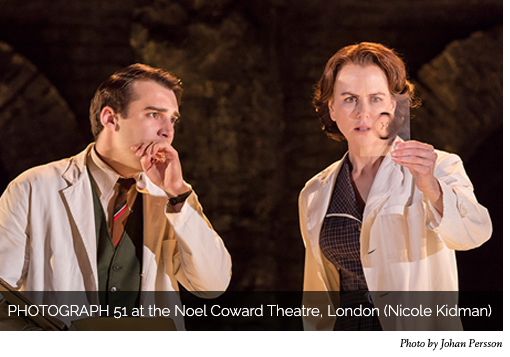
One of the few good things to come out of the need for many theaters to close their physical spaces has been the reemergence of audio plays. With the right vehicle and sound quality, these verbally painted pictures can take us on a journey far better than shaky green screen. One such perfect match of script and production value is Photograph 51, a presentation made by Audible Theater for the Williamstown Theatre Festival. Highly conversational with minimal action, it may even be more engaging in this format than it was in its award-winning 2015 stage run on London’s West End.
The timing of this release could not be better, coming on the heels of a Wall Street Journal piece that spoke disparagingly about First-Lady-to-Be Jill Biden’s use of her well-earned title of Dr. The central character, Dr. Rosalind Franklin, was often called Miss or even “Rosie” despite earning her PhD from Cambridge. By all rights, this remarkable chemist should have been included in the Noble Prize given to James Watson, Francis Crick and Maurice Wilkins for unlocking the secrets of the DNA molecule. It was her 51st photograph of the DNA structure that made possible the double helix model that was built by the others. She had passed away from cancer (possibly caused by exposure to the X-Ray she used to take those valuable pictures) and the committee generally does not grant posthumous awards.
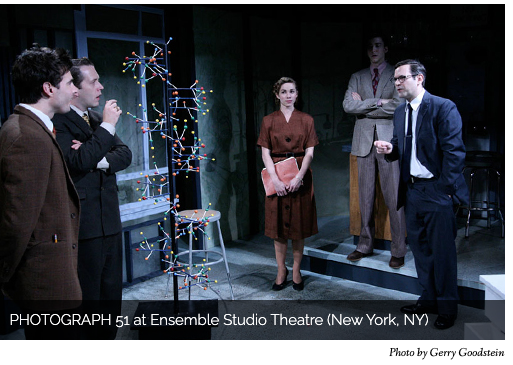

As the play opens, we our pulled right into Franklin’s world. Rosalind is an unusual child who already sees patterns all around her. With an orderly mind and a drive to problem solve, she was naturally drawn into science. In 1951 she took a position at King’s College when the institution promised she could run her own team in the study of proteins. Instead, she found herself partnered with Wilkins, who clumsily handled her arrival by heading for lunch in the senior common room where women weren’t welcome. Their mismatched communication styles — she was blunt and direct, he shy and hesitant — led them to work parallel to one another. A free spirit, Franklin conducted experiments in her own way, refining the micro camera and producing pictures that were beautiful both in terms of their aesthetic and in the information they imparted. She was unfazed by the other teams that were in competition to break the code of DNA. This included young hot-shot American Watson who had partnered with Wilson’s friend Crick.
Anna Ziegler lovingly delineates each character with just a few precise strokes. She clearly illustrates the anti-semitism and misogyny that Franklin suffered — picture Mad Men with lab coats — without clubbing us over the head with incidences and gracefully shows how Franklin looked beyond the noise and kept her eyes firmly on her goal of unlocking the truth. Watson and Crick are depicted in less rosy (and less Rosie) terms, coming off as just short of cheats with Wilson as the dupe who stumbles into aiding them. And though she can’t avoid the inclusion of jargon and the “awe” of research, Ziegler enlivens their exchanges with appropriate humor.
As one would expect from a Williamstown offering, the ensemble is strong, providing nuance and pure annunciation in their reading under the direction of Susan Stroman. The work unfolds at a pace that moves swiftly, but not to the extent that it can’t be processed. Since no one can judge them for their looks (a habit I hope will be permanently broken) the casting is based solely on talent. This results in the gifts of Aasif Mandvi’s delightful interpretation of Crick and Omar Metwally’s milk toast Wilkins. The usually perky Anna Chlumsky pulls off the ultra-serious Dr. Franklin with grace. The reliable Stephen Kunken turns in an assured performance as Franklin admirer and eventual assistant Don Casper. Recent Juilliard grad David Corenswet couldn’t be any cockier as Watson. Actor/musician Ben Rosenfield rounds out the cast as doctoral student Ray Gosling stuck as a loyal player without a real team.
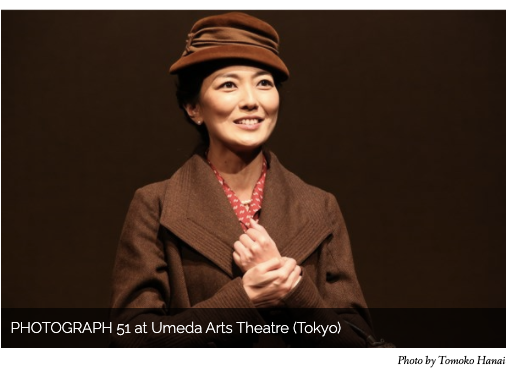

Audible listeners worldwide will be able to experience this top-notch performance. With their years of experience recording books, Audible Theater does an exceptional job with sound design by Darron L. West who also supplies the supportive score. It is unfortunate that the recording doesn’t provide any credits of the deserving cast and crew until the end of the production where they can easily be missed.
Transporting us to an exciting moment in history as seen through a fascinating range of viewpoints, Photograph 51 is one of four plays currently being offered to eligible WTF donors. Three more selections will be made available soon. Visit www.wtfestival.org/support for more information.




